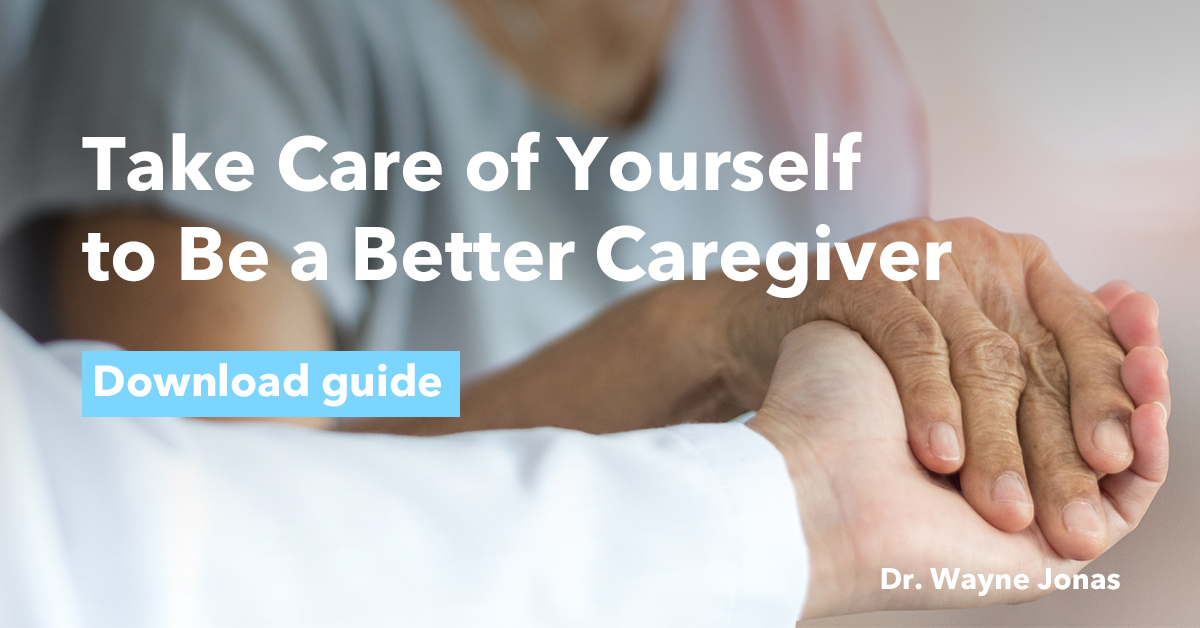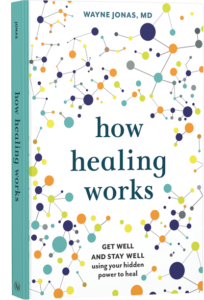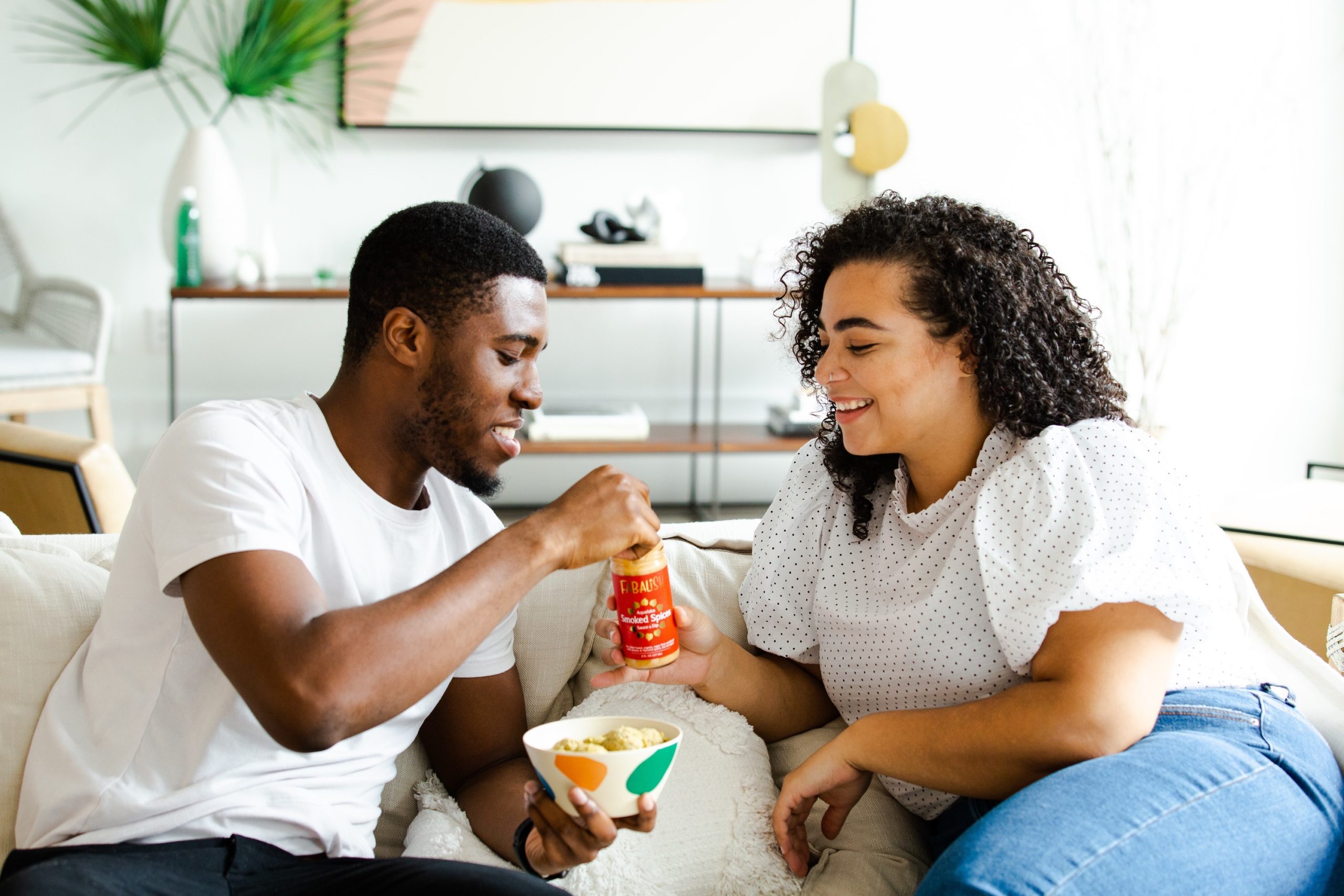Being healthy during a pandemic is more than about making good food choices. Sure, buying or ordering the right food during this unique crisis is an important element to maintaining your health—both mental and physical—but it is your relationship with food that is so crucial in the era of COVID.
As with other relationships in your life, it’s important for your relationship with food to be a healthy one. Having a positive relationship with food involves some key shifts in thoughts and behaviors:
1. Become aware of why you are eating.
- Ask yourself: am I physically hungry or am I eating to comfort, de-stress, please myself or others, or counteract boredom or loneliness?
- If you aren’t hungry, try to recognize the triggers and temptations that prompt you to eat.
2. Be hopeful and trust that you can overcome any challenges that you are facing—even those posed by a pandemic. You may be trying to counter years of unhealthy behaviors so be patient with yourself. If you make an unhealthy choice, treat yourself with love and kindness. Don’t fall into a shame or guilt spiral, that will only exacerbate the issue.
3. Accept that the food rules of your past may no longer be needed or helpful for you anymore. For example, we are often told as children to finish everything on our plates. Give yourself the OK to no longer be a member of the “clean plate club.”
4. Understand that you are a unique person with your own needs and challenges. Don’t overdo the food rules. Learn to trust your hunger and listen to your sense of fullness.
- Comparing your habits and your body to others around you or in the media may be harmful. As COVID continues, overeating or stress-eating may be more common but it is important to focus on your own relationship to food first.
- What you see on the internet and on TV is not always true. If you struggle with a healthy body image, it may help to limit your exposure to unhealthy body images in the media or on social media.
5. Set positive health goals. Weight loss goals can seem unrealistic or not doable. And, sadly, in-person gym memberships or exercise classes may not be realistic right now. Be positive, even in how you talk about food. Thinking of your food as a diet or bad contributes to feelings of shame and judgment. Changing your language can help. Instead of seeing sweets as bad, see them as a treat. Allowing yourself a treat from time to time may prevent you from feeling starved and ready to quit.

“Eating” Through Your Pain and Trauma
A person’s past experiences, particularly those involving trauma and abuse, as well as their current emotional state and life stresses, have an enormous impact on their level of pain and even the development of painful conditions. With an increase of pain and trauma, people tend to turn to comfort food as a solution. This response can turn into unhealthy eating habits and over time, lead to obesity.
Food cannot take care of your emotional needs. If you want to eat because you are upset or want to feel pleasure, try doing an activity that helps you relax, such as taking a 15-minute walk outdoors (something we should all be doing now). Or do an activity that gives you pleasure, such as sitting down with a magazine or working on a project you enjoy for half an hour. Recently we shared integrative approaches that can help you handle stress and depression caused by the recent isolation.
As important as knowing what to eat is knowing why you eat. For some, food can be a subject loaded with meaning and emotion. Food is family, tradition, comfort, and sometimes even used to self-medicate. When food and/or alcohol are used to fill an emotional void or to quiet or dull negative emotions, it may lead to overeating or unhealthy choices. It can be easy to overeat or consume alcohol out of stress, anger, depression, anxiety, frustration, or loneliness.
Eat Mindfully
To build a positive relationship with food it is also important to pay attention to the food in front of you and be conscious of whether you’re hungry or when you’ve become full. Keep the following in mind:
-
- Eat slowly. By engaging in fast eating the body doesn’t have time to cue your brain that you are full. If eating slowly is a challenge trying zeroing in on enjoying the meal not slowing down.
- Eating involves all of the senses and by paying attention to that multi-sensory experience you engage in “eating mindfully.” By doing so you can learn to sense when you are full instead of simply waiting for a bellyache to stop you eating.
- Use a smaller plate. Research shows that people automatically cut down on how much they eat if they simply use a smaller plate.
For some of us, a health care provider or dietitian may be useful in helping design a healthy eating plan and set realistic goals to keep us healthy. But, for the most part, we can address the behaviors associated with food by being mindful and attentive. By ensuring we are fully engaged in the routines and rituals tied to the consumption and cooking of food, all of us can work towards a path of well-being to matter the circumstances we find ourselves in.

Your Health Into Your Own Hands
Drawing on 40 years of research and patient care, Dr. Wayne Jonas explains how 80 percent of healing occurs organically and how to activate the healing process.

